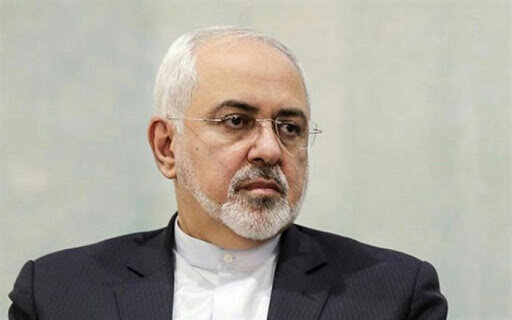The presence of Foreign Minister Mohammad Javad Zarif at the online meeting of the UN Security Council and his powerful speech was warmly welcome. In the meeting, all UNSC members expressed their support for the Joint Comprehensive Plan of Action (JCPOA) despite recent efforts by Brian Hook, Mike Pompeo and Donald Trump to extend a UN arms embargo on Iran, a move that would be a blatant breach of UNSC Resolution 2231 and would sound the death knell to the JCPOA.
In an interview with the Iranian government’s official website, dolat.ir, political analyst Nozar Shafiee has weighed in on the issue.
“The defeat and isolation of the United States at the meeting was completely predictable,” he said.
He then explained the reasons behind the US isolation with regards to the JCPOA.
“The first reason is Trump’s behaviour over the past four years because such behaviour runs counter to international regulations, and Trump’s demands and stances do not have many supporters on the international stage,” the analyst underlined.
According to the expert, Washington’s international credit was badly dented during Trump’s tenure.
He also says that the United States’ withdrawal from the JCPOA was a violation of multilateral commitments and pushed the country into isolation.
“This move has left no room for defending the United States’ viewpoint,” he said.
Shafiee said the United States’ attempts to have the arms embargo against Iran extended was a flagrant violation of Resolution 2231.
“One of the commitments in the JCPOA and the resolution was the lifting of arms embargoes on Iran,” he said.
“The second reason behind the US becoming isolated once again was [UNSC members’] opposition to the United States’ demand for the renewal of arms embargoes and the members’ backing for the JCPOA,” the expert noted.
“The third and most important reason for the US defeat at the meeting is related to Iran’s diplomacy,” he said.
The expert is of the conviction that the JCPOA and the proper handling of the nuclear deal following Washington’s withdrawal from it have been the outcome of Iran’s successful diplomacy.
“Both before and during the UNSC meeting, Iran’s diplomacy was active enough, and, in fact, the US viewpoint had already been vetoed before it was floated at the UN Security Council.
“In fact, this veto does not mean that China or Russia have vetoed it; rather, it means it was clear from long ago that the US would not get the votes of UNSC members because of the weakness of its positions,” he underlined.
He said Iran’s diplomacy managed to give birth to the JCPOA and follow up on developments related to it.
“At the UNSC meeting, the foreign minister [Zarif] was, based on the JCPOA, able to condemn the United States’ stances, and this was one of the key contributors to the US being isolated,” he said.
